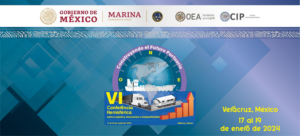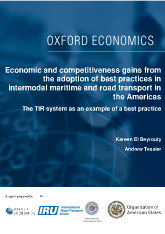Documents and Resources
2024 TAG Videoconference Presentation
The General Coordination of Ports and Merchant Marine of the Mexican Secretariat of the Navy as Chair of the Logistics, Innovation and Competitiveness TAG informed on the VI Hemispheric Conference on Logistics Innovation and Competitiveness and additional activities established in the Plan of Action of Roatan.
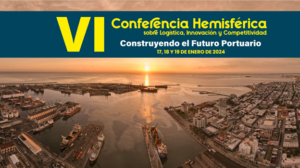
Best Practices Compilation: Logistics, Innovation and Competitiveness
The Secretariat of the Inter-American Committee on Ports (CIP) has created a compilation of best practices on the subject of logistics, innovation and competitiveness in collaboration with the General Coordination of Ports and Merchant Marine (CGPMM) of the Mexican Secretariat of the Navy (SEMAR), which has provided the necessary documents for this important activity.
Port Statistics Platform (PEP for its acronym in Spanish)
The National Port Commission, an entity established in 1972 within the Central American integration system to represent the State of Guatemala before national and international organizations, whose activities are focused on port activities and regional maritime transport, is responsible for conducting studies and research, through the Directorate of Ports and Maritime Transport, through the periodic collection of statistical data related to the National Port System of Guatemala, providing information of a technical, investigative and informative nature.
Currently, the National Port Commission of Guatemala has the Port Statistics Platform -PEP-, an advanced tool meticulously designed to collect, organize, visualize and analyze vital statistical data related to the port activity of the State of Guatemala.
This platform guarantees the provision of detailed and updated information on the movement of general cargo, containerized cargo, liquid and solid bulk cargo, as well as containers and vessels in each of Guatemala's ports.
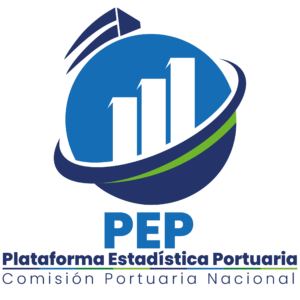
APH-World Bank: Accelerating Digitalization: Critical Actions to Strengthen the Resilience of the Maritime Supply Chain
The CIP Secretariat is pleased to announce the Working Paper on Accelerating Digitalization: Critical Actions to Strengthen the Resilience of the Maritime Supply Chain, co-authored by The World Bank and the International Association of Ports and Harbors (IAPH), World Ports Sustainability Program (WPSP).
Several global organizations, such as United Nations Conference on Trade and Development (UNCTAD), United Nations Economic Commission for Europe (UNECE), World Customs Organization (WCO), World Trade Organization (WTO), and International Maritime Organization (IMO) have been advocating the accelerated digitalization of cross-border processes and documentation. This report highlights the immediate, short-, and medium-term measures considered necessary to strengthen the resilience of the maritime and logistics sector, to build back better, and more importantly ensure countries realize the significant potential efficiency gains of digitization. This report underlines digitalization as not solely a technological issue, but also as human capital and institutional issues. Any move towards increased digitization will require a high level of political commitment, while the establishment must have an appropriate legal, regulatory, and policy framework at the national level, across the different disciplines of the maritime, port, clearance agencies, and the transport and logistics sector.
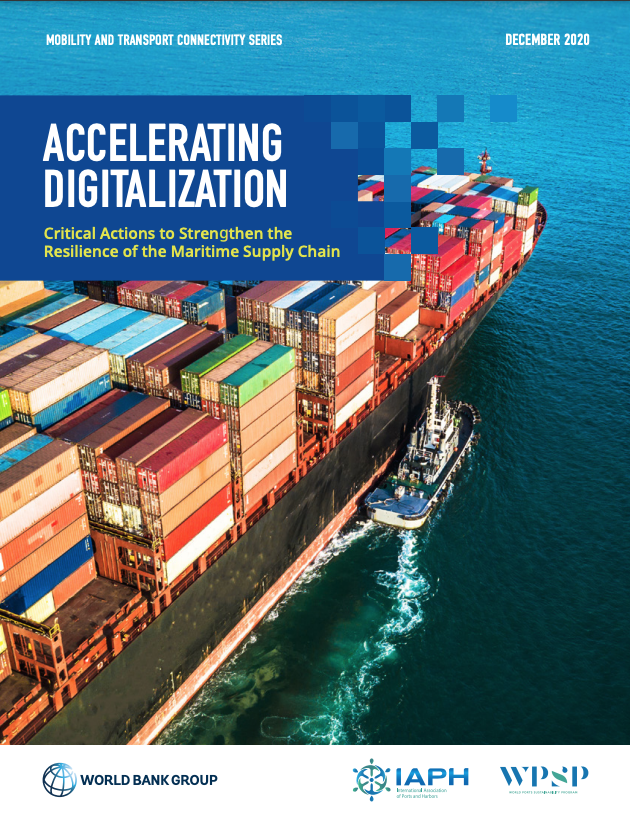
Oxford Economics – CIP – IRU Report:
“Economic and competitiveness gains from the adoption of best practices in intermodal maritime and road transport in the Americas: The TIR system as an example of a best practice”
Port Performance Indicators Documentation Mexico:
To access the indicators, click here.
Logistics Experts Database
The Maritime Port Authority of Panama (AMP for its acronym in Spanish), in the context of the XII CIP Regular Meeting, compiled a list of experts in logistics, which resulted in the Logistics Experts Database. To access the database, please click here.

